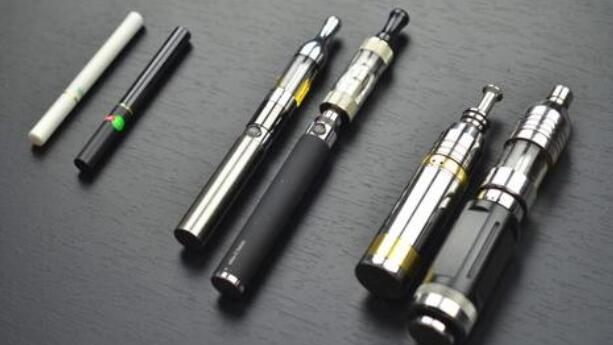
How Big Tobacco Cig-a-likes Could Be The Downfall Of Vaping In 2018
To the most diehard vaping enthusiast, using one of the latest rollouts of cig-a-like devices manufactured by the Big Tobacco conglomerates is not considered true “vaping.” Sure, millions of veteran vapers may have gotten their introduction to vaping by experimenting with one of these contraptions in the past – such as the infamous Blu cig-a-like. But true vapers demand more control over their vape-life rituals, right?
What many fail to realize is that the American vaping industry is under siege by FDA deeming regulations that threaten to wipe out the majority of products and e-liquids by 2018. Vaping advocacy groups have been bombarding the vaping community with pro-vaping online petitions and repeated requests to contact political officials in an effort to save vaping. However, these efforts have been largely unsuccessful so far.

The Cole-Bishop Amendment was killed in Congress, and the hope that the Trump Administration would immediately overturn the Obama-era anti-vaping policies never came to pass. Now, Rep. Duncan Hunter has a new vaping bill in Congress that will overturn only portions of the controversial FDA deeming regulations.
Even Hunter’s proposed legislation does little to re-regulate the associated technology of vape mods and their individual components. So, where does that leave American vaping?
Why is Big Tobacco releasing more cig-a-likes?
Even Big Tobacco sees the proverbial writing on the wall. Scientists in massive quantities are releasing new research every day that shows beyond a reasonable doubt that vaping is significantly healthier than smoking. According to the Royal College of Physicians in the UK, it’s up to 95 percent healthier, in fact.
The FDA deeming regulations now classify all vaping products as “tobacco,” which means that manufacturers of vaping technology and e-liquids must now adhere to the Pre-Market Tobacco Application (PMTA) process that Big Tobacco has been expert in following for decades. While Big Tobacco has known for quite some time that vaping is the future, it also knowns how fickle the PMTA approval process can be.
When it comes to PMTA approval by the FDA, there are no clear-cut rules. Some applications get denied. Others are approved. And more often than not, the FDA usually requests further documentation and “scientific research” before a decision is finally reached. While Big Tobacco has very deep pockets and can afford to pay these million-dollar fees, these multinational corporations also know how to make money – lots of it!
Cig-a-likes are ‘good business’
Vaping technology is simply not “cost-effective,” while cig-a-likes can prove highly profitable. Why? Because cig-a-likes have only a couple of moving parts that require PMTA approval – namely, the battery the tank, and the e-liquid.
Vape mod manufacturers, on the other hand, are always updating their technology. From their cartomizers to their coils and even their push-button technology, everything is constantly changing, constantly “being newly improved.” And with each new “improvement” comes the need for a new PMTA.
While the FDA estimates each PMTA to cost approximately $335,000, an independent research firm recently told the Wall Street Journal that the real cost could fall in the range of $2-10 million PER PRODUCT. Either figure is simply too large for the typical Mom and Pop vape shop to spend, which is why the FDA deeming regulations are so controversial.
But Big Tobacco knows that cig-a-likes are much easier to get approved by the FDA due to the minimal individual components involved. Cig-a-likes are also cheaper to make and easier to modify for a “new and improved” version without having to go through the PMTA process all over again. By simply changing the outward appearance of the tubular design – by painting on a new racing stripe or changing the color, for example – Big Tobacco gets nearly instanteous FDA approval without having to spend countless millions on new supporting research.
Manufacturers of vaping technology cannot make this same claim. They will be forever required by the typical vaping consumer to upgrade and “improve” their technology continuously.
Big Tobacco knows this, which is why these companies are not helping the American vaping industry fight the FDA deeming regulations. Once the regulations go into full effect in 2018, thousands of individual vaping products will immediately be taken off the market simply because their retailers cannot afford the costly PMTA fees. And Big Tobacco will be waiting in the lurch with a whole new line of cheaper, cuter cig-a-likes that have already been FDA approved.